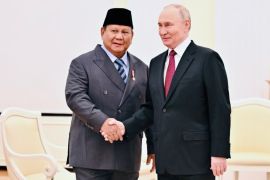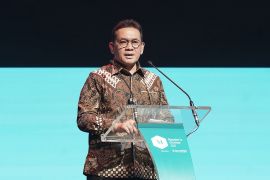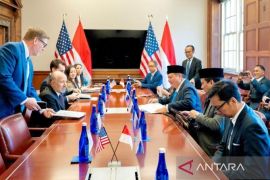"The protection of investment must not contradict the policy to meet human rights," IGJ Executive Director Rachmi Hertanti stated here on Monday.
Any trade agreement which allows a multinational company to influence internal policies is unacceptable, she noted.
She was referring to the Comprehensive Economic Partnership Agreement (CEPA) between Indonesia and the European Union, which is now being negotiated.
The inclusion of investment chapter in the proposed CEPA will restrict the Indonesian governments capability to control public interests. The investment chapter includes a clause allowing foreign investors to sue the state if its public policy has a detrimental impact on their profit, she added.
Indonesia has received several investment claims involving millions of dollars and has been forced to reduce the number of domestic development policies while at the same time ignoring tighter environmental protection regulation, she remarked.
"The assessment of impact on human rights must be conducted soon to guide the negotiations. The potential impact of CEPA also requires more transparent process and full involvement of the national parliament," she explained.
The government has encouraged the conclusion of bilateral and multilateral cooperation agreements to increase non-oil/non-gas exports, which are expected to increase 5.6 percent this year.
Trade Minister Enggartiasto Lukita stated that recently Indonesia was trying to conclude 16 cooperation agreements soon, and four of them will be concluded in relative short time.
"We will conclude the cooperation agreements as soon as possible," he revealed.
The four agreements are Preferential Trade Agreement (PTA) with Iran, Indonesia-Australia Comprehensive Economic Partnership Agreement (IA-CEPA), European Free Trade Association (EFTA) CEPA, and bilateral cooperation with Chile, including Peru.(*)
Editor: Heru Purwanto
Copyright © ANTARA 2017











